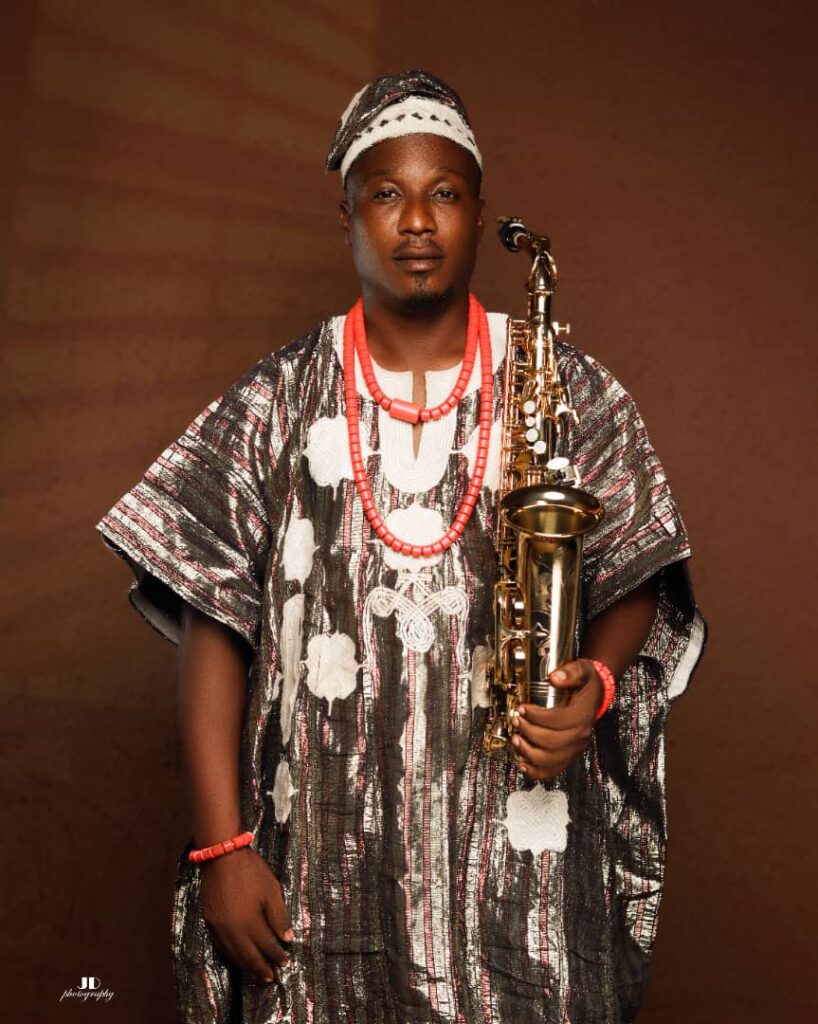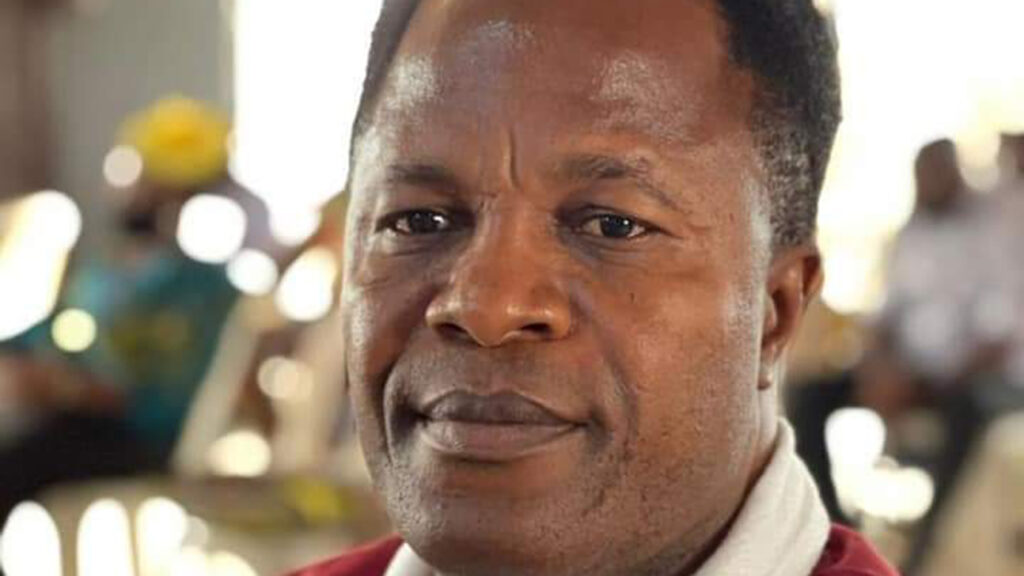
In the video, Alabi sang the lyrics “Abiye ni mi, Oruko mi ni yen; Mo de bo, mo ru, mo ye,” which translates to “I am a sacrifice, that’s my name. I am a sacrifice accepted by God, that’s my name.”
Since the release of the video, the lyrics have sparked mixed reactions from her fans and some Christian leaders who questioned her choice of words. Some took sides with her lyrics, while others vilified her.
But breaking her silence since the melee, the award-winning musician in a recent video, during a ministration in a white garment church, averred that “Aboru Aboye” is pure Yoruba language and is not solely used by traditionalists.
She cited Romans 12:1 to support her claim. “I beseech you therefore, brethren, by the mercies of God, that ye present your bodies a living sacrifice, holy, acceptable unto God, which is your reasonable service.”
Alabi stated that the term for acceptable is “Aboru,” and the word for living sacrifice is “Aboye.” She added that her skillful use of language makes her unique as a gospel performer.
“It was recorded that David made a sacrifice of faithfulness to God. Why was the word sacrifice not written as the same English word in the Yoruba version of the Bible? It is a Yoruba language. There is no special language for traditionalists. We are all speaking the Yoruba language.”
“If some people say they want to use the language in their own style, it is not bad. We have also decided to use it in our own style,” she said.
Reiterating that sacrifices were rendered in the bible, Alabi further queried, saying, “Was Abraham’s sacrifice accepted or not? Was it not the same with Isaac?”













